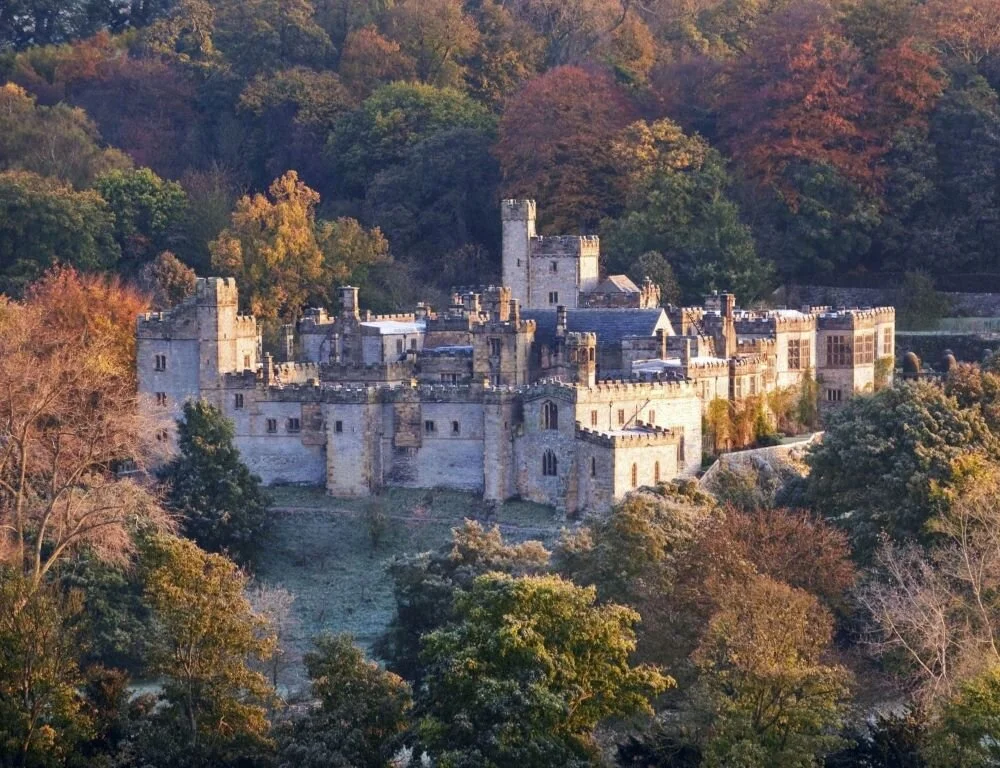May 10th 1471: Working on Sir Henry

Sir Henry Vernon’s Seat
Haddon Hall, Near Bakewell, Derbyshire
Clarence seems to have arrived in Coventry a day earlier than his brother, possibly he went ahead to greet Sir Henry Vernon, who King Edward had commanded to be there on 9th May. Needless to say, there was no sign of Sir Henry or the twenty ‘persons defensibly arrayed’ who he had been told to bring with him. Sir Henry was a tough nut to crack. Clarence wrote to him yet again, a longer, more detailed and a bit more threatening than those which Edward sent from Tewkesbury and Worcester.
Right trusty and well-beloved we greet you well, and how it be that my lord thanked be to our Lord hath subdued his enemies, traitors and rebels. Edward late calling himself Prince, Edmund late called Duke of Somerset, John his brother and John late called Earl of Devonshire which with divers others lords knights and other there adherents are slain, Margaret late called Queen, and the wife of the said Edward taken and brought to my said lord’s hands and possession. Yet nevertheless my said lord intendeth to repress the malice of certain persons intending the destruction of the church, and the noble blood of this land, and the subversion of the same land to the total destruction thereof if they might attain their cursed and malicious purpose as God forbid. To which repressing we will give my said lord attendance and assistance in all that is in us and therein do him service as our duty is, either in his company or in such party as it shall please him to command us, letting you know that it hath been reported to us that ye have heretofore put you in devoir [duty] to have come to us if ye had thought, whereof we thank you, and the matters and causes of the let and impediment of your coming has ceased blessed be God. Whereof we desire and pray you that incontinent after the sight of these our letters ye come hither unto us with as many men defensibly arrayed as ye can make, and that at furthest ye be with us a Tuesday next coming without failing as our trust is in you and as ye intend to please us. And ye shall find us your good lord and thereof ye shall not need to doubt in any wise.
Given under our signet at Coventry xth day of May.
G. Clarence.


No comments:
Post a Comment